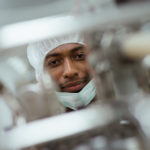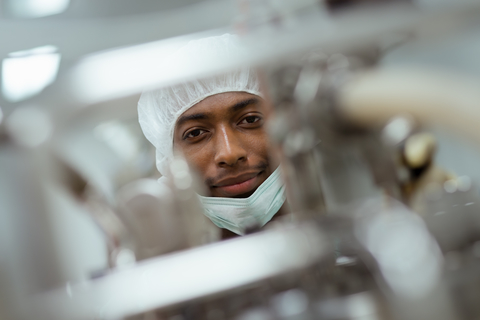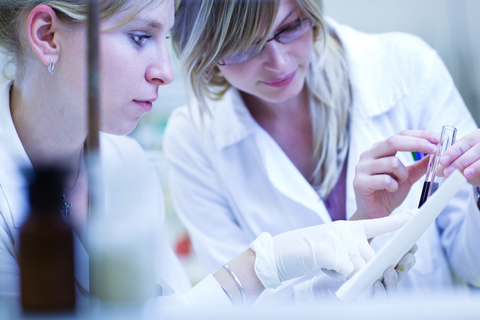
Magic mushrooms could be used to treat depression
Researchers at Imperial College London have given twelve people psilocybin, the active component in magic mushrooms, to combat depression (Nature, 2016, BBC, 2016). At the start of the trial, nine of the participants had at least severe depression and three were moderately depressed. All had been clinically depressed for a significant amount of time, on … Continue reading Magic mushrooms could be used to treat depression








